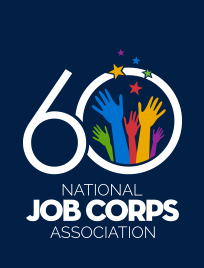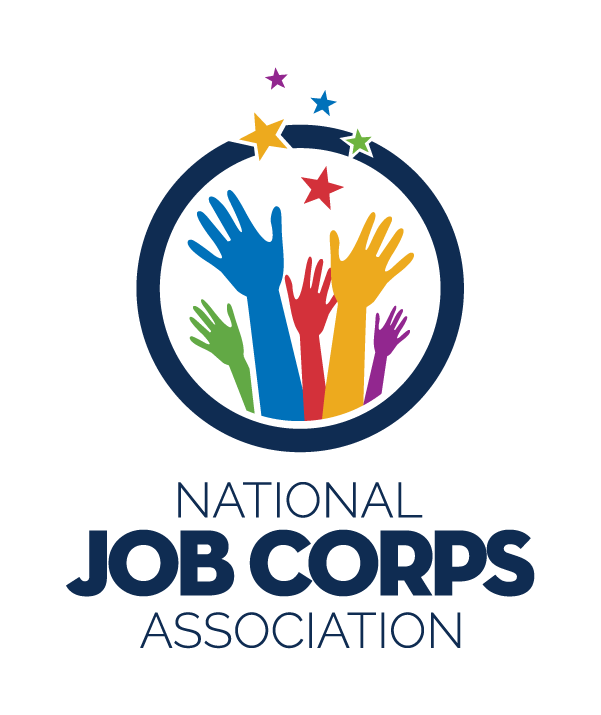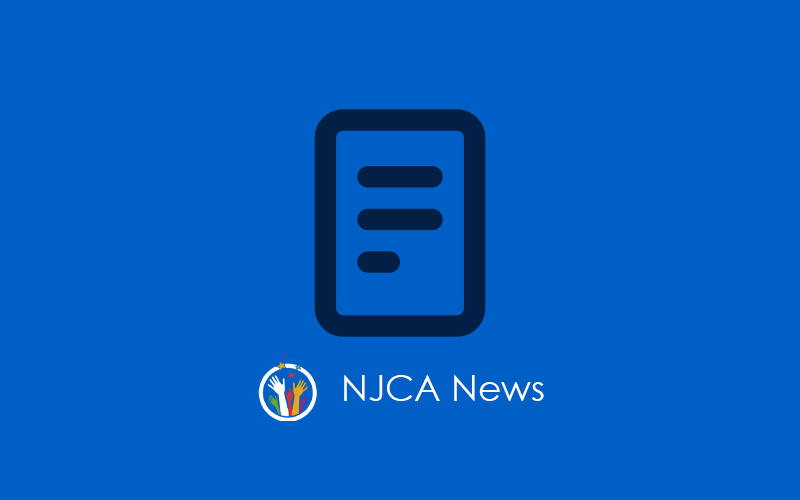In March 2018, Mathematica Policy Research published an ‘external review’ of Job Corps. The report, commissioned by the U.S. Department of Labor, consists of a scan of evidence regarding what services and strategies have been effective for Job Corps. Among the questions and potential solutions explored in the report are:
What strategies can Job Corps pursue to enhance the experience and growth of participants?
- Positive youth development
- High student expectations
- Growth mindsets
- Trauma-informed environments
What disciplinary approaches can Job Corps adopt to enhance the climate and safety of its centers?
- Positive Behavioral Interventions and Supports (PBIS) programs
- Restorative practices
- Building self-regulation skills
How can Job Corps enhance the employment skills and job readiness of Job Corps graduates?
- Career pathways programs
- Micro-credentials
- Work-based learning and experience
- Apprenticeship and pre-apprenticeship programs
How could changes in Job Corps group dynamics enhance program outcomes for youth?
- Age of participants
- Gender of participants
- Residential environment
- Learning in groups of different size
What geographic factors could Job Corps consider to optimize the locations of Job Corps centers?
- Access to Job Corps across the country
- Proximity to postsecondary institutions
- Proximity to work experience opportunities
How could Job Corps foster program innovation?
- Human-centered design principles
- Prizes to encourage innovation
- Contractors as innovation labs
- Communities of Practice
How could Job Corps services be procured or delivered to expand the types of organizations operating Job Corps centers?
- Subcontracts for smaller, specialized services
- Limited number of “charter” centers with fewer regulations
- Formal request for information from stakeholder groups
The full report can be downloaded here: https://www.mathematica-mpr.com/our-publications-and-findings/publications/the-external-review-of-job-corps-directions-for-future-research.







